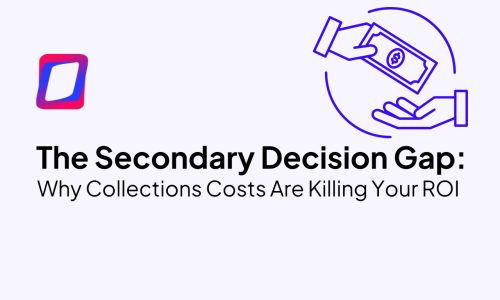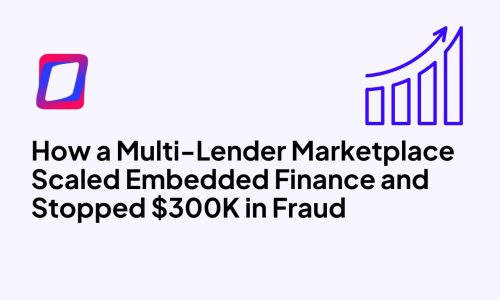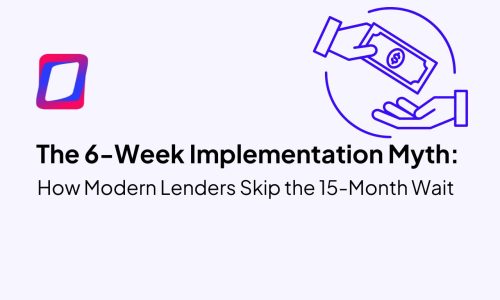CEO of Nova Credit Talks Financial Inclusion and the Future of Credit Data
Join us on the Lending Link Podcast, powered by GDS Link, where we explore the latest in data decisioning and credit risk solutions. In this episode, host Rich Alterman chats with Misha Esipov, the CEO and co-founder of Nova Credit. Since its launch in 2016, Nova Credit has been breaking new ground in credit infrastructure and analytics, helping lending institutions streamline their processes and grow responsibly.
Misha dives into the origins of Nova Credit, the challenges faced by immigrants and thin-file consumers, and how Nova Credit’s innovative platform is making a difference. The conversation covers:
- The journey from concept to reality for Nova Credit
- How the Credit Passport helps new-to-country individuals use their international credit history in the US and other markets
- How the Nova Credit Platform is helping to improve credit visibility for millions of Americans
- Real-world success stories and partnerships with major players like American Express, HSBC, and Scotiabank
Listen to learn how Nova Credit is creating a more inclusive financial system and transforming the credit industry. Remember to subscribe to the Lending Link Podcast on Apple Podcasts, Spotify, or wherever you get your podcasts.
Watch The Episode on YouTube
About Nova Credit
Nova Credit is a credit infrastructure and analytics company that enables businesses to grow responsibly by harnessing alternative credit data. The company is a CRA that leverages its unique set of data sources, bank-grade infrastructure, compliance framework, and proprietary credit expertise to help lenders fill the gaps that exist in traditional credit analytics. Nova Credit serves as the bridge between data and credit excellence, providing a comprehensive platform of solutions designed to give lenders across various industries – including finance, fintech, property management, telecom, and automotive – a competitive edge in the open finance era. Its cross-border credit product, Credit Passport®, cash flow underwriting product, Cash Atlas™, and income verification product, Income Navigator, are used by leading organizations like American Express, Verizon, HSBC, SoFi, Scotiabank, and Yardi. Nova Credit is backed by investors including Kleiner Perkins, General Catalyst, Index Ventures, and Canapi Ventures, as well as executives from Goldman Sachs, JP Morgan, and Citi.
About GDS Link
GDS Link is a global leader in credit risk management, providing tailored software solutions, analytical and consulting services. Our customer-centric risk management and process automation platforms are designed for the modern lender in their pursuit to capitalize on the entire credit lifecycle.
By providing a personal, consultative approach and leveraging our own industry-leading knowledge and expertise, GDS Link’s solutions and services deliver exceptional value and proven results to thousands of clients around the world.
About The Lending Link Podcast
The Lending Link Powered by GDS Link is a podcast hosted by Rich Alterman and designed for the modern-day lender. Each episode deeply delves into innovation within the financial services industry and transformation efforts, including AI / ML integration, Modeling, Risk Management Tactics, and redefining Customer Experiences.
GDS Link launched The Lending Link to explore unique strategies for the modern-day lender, dive into the innovative advancements GDS Link and our partners are currently developing and delivering, and gain insights from captivating guests within the FinTech, banking, and credit union worlds.
We have a wide range of guests from various lending institutions and diverse organizations who talk about strategies, technology, and everything in between.
Recent articles

The Secondary Decision Gap: Why Collections Costs Are Killing Your ROI
Read article
How a Multi-Lender Marketplace Scaled Embedded Finance and Stopped $300K in Fraud
Read article





